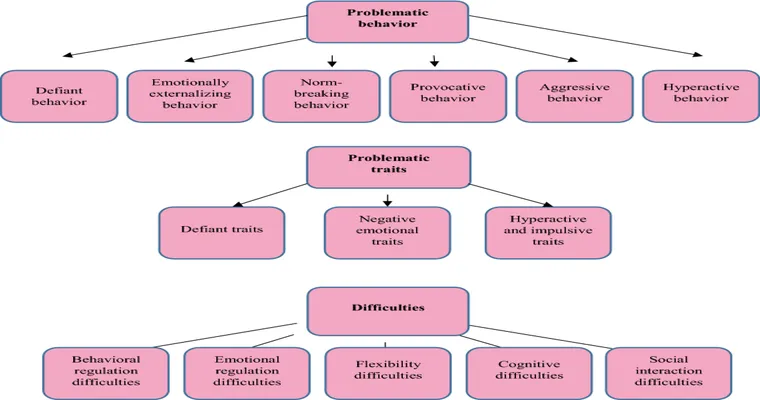Wandering is a common behavior among seniors with "dementia", and it can be distressing for both the individual and their caregivers. Understanding the "causes of wandering" in dementia patients is essential for providing effective care and ensuring their safety. Various factors contribute to this behavior, including cognitive decline, environmental factors, and psychological needs.
One of the primary reasons seniors with dementia wander is due to "cognitive decline". As dementia progresses, individuals may become disoriented and lose track of their surroundings. They might forget where they are or where they intended to go. This confusion often leads to wandering as a way for them to seek familiarity or find their way back to a perceived safe place, such as their childhood home or a loved one’s residence.
Another significant factor is the "environment" in which seniors live. Unfamiliar or cluttered environments can increase feelings of anxiety and confusion. If a dementia patient feels trapped or overwhelmed, they may choose to wander in search of a more comfortable or recognizable space. Additionally, lack of clear pathways or secure areas can make wandering easier for those with diminished judgment and reasoning skills.
Psychological needs also play a vital role in wandering behavior. Seniors with dementia may experience feelings of loneliness, boredom, or restlessness. Wandering can become a coping mechanism for these emotions, as they seek stimulation or social interaction. Caregivers should be aware of these needs and strive to create engaging activities that can help reduce the urge to wander.
Furthermore, physical health issues can contribute to wandering. Conditions such as pain, discomfort, or the need to use the restroom can trigger a desire to move about. If a senior is unable to communicate their needs effectively due to cognitive impairment, they may wander in search of relief or assistance.
To effectively manage wandering in seniors with dementia, caregivers can implement several strategies. Establishing a safe and structured environment is crucial. This can include creating a secure space with clear pathways and minimizing potential hazards. Additionally, caregivers should encourage regular routines and activities that provide mental and physical stimulation, helping to reduce feelings of anxiety and restlessness.
In conclusion, wandering in seniors with dementia can arise from a combination of "cognitive decline", environmental factors, psychological needs, and physical health issues. By understanding the underlying causes and implementing effective management strategies, caregivers can help ensure the safety and well-being of their loved ones while promoting a sense of security and comfort.





